- Evidence for Aspergillus diagnosis best practice
- Updated treatment options for patients with aspergillosis
- Evidence for emerging noncandidal fungal pathogens
Latest Updates
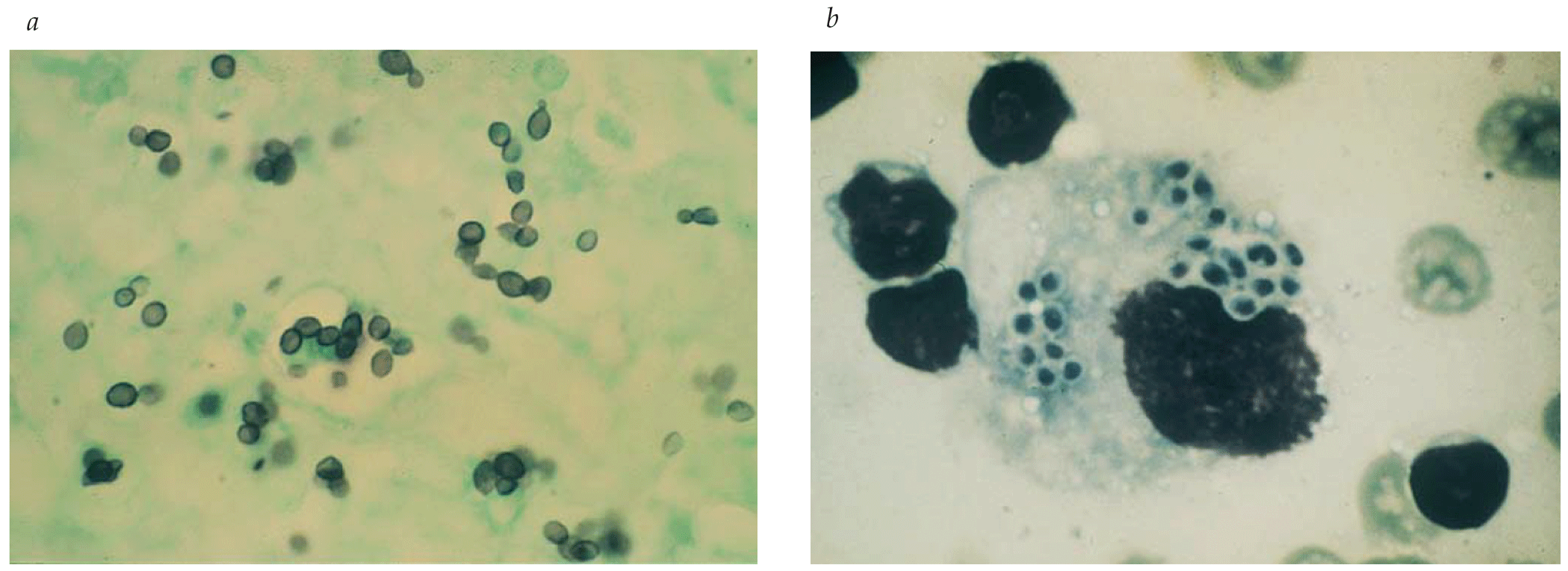

- Evidence for Aspergillus diagnosis best practice
- Updated treatment options for patients with aspergillosis
- Evidence for emerging noncandidal fungal pathogens
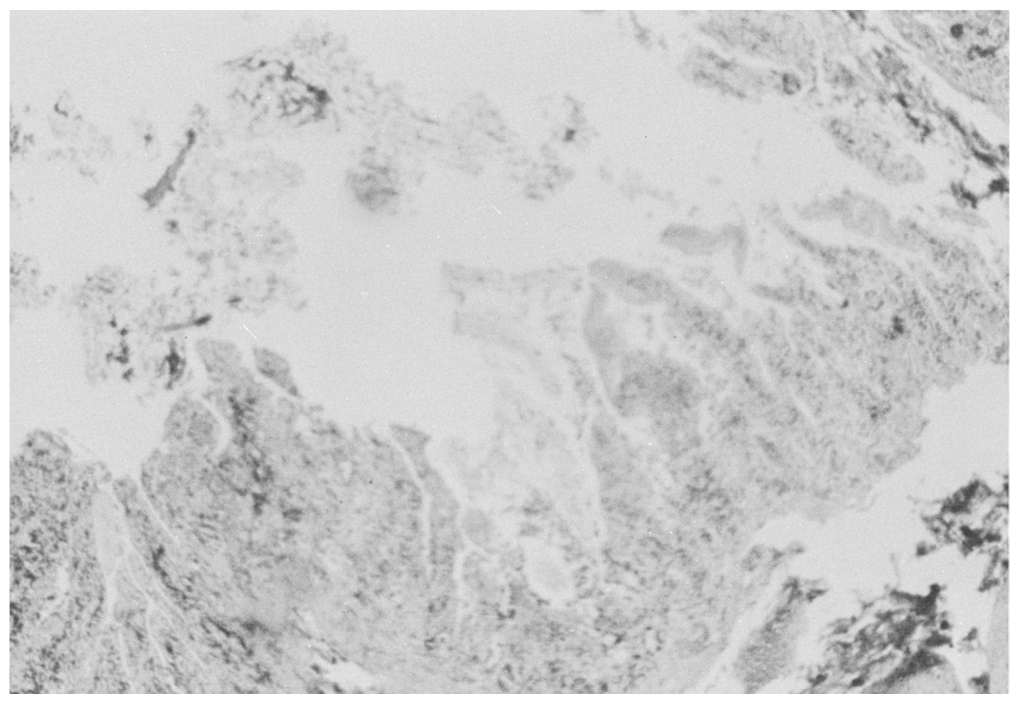
- Updated treatment options for patients with candidiasis
- Evidence for efficacy of rapid Candida species identification products
- Enhanced understanding of antifungal prophylaxis
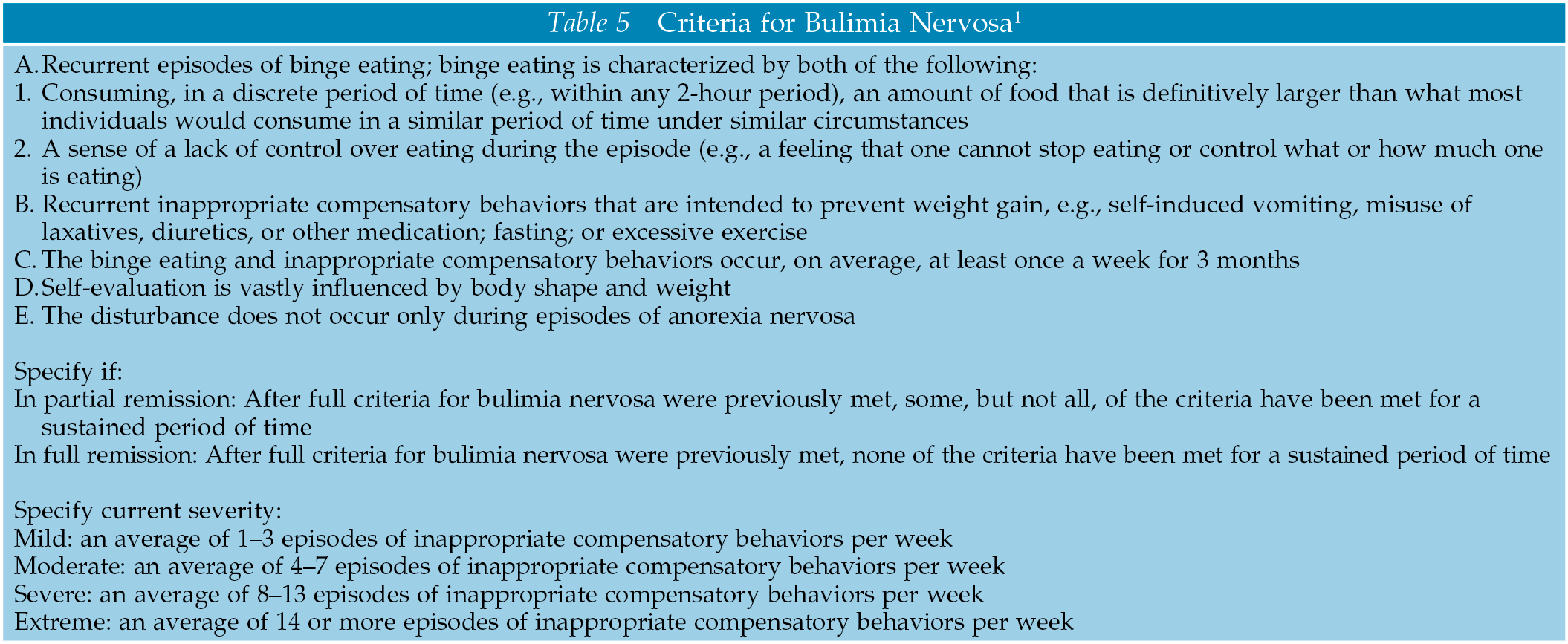
- With the DSM-5, rumination and pica are now placed in the same chapter as bulimia nervosa and anorexia nervosa.
- In the DSM-5, diagnoses were modified and expanded to better describe patient diversity, especially with respect to age.
- According to a recent study, implementation of the DSM-5 criteria may dramatically reduce residual eating disorder diagnoses within clinical settings.

Pituitary, Thyroid, and Parathyroid Disorders and Considerations
- Endocrine emergencies, such as thyroid storm and myxedema coma, still carry a high mortality rate and need to be promptly managed.
- Syndrome of inappropriate antidiuretic hormone secretion remains the most common cause of hyponatremia, a common electrolyte abnormality encountered in the critically ill.
- Nonthyroidal illness syndrome, or euthyroid sick syndrome, may occur as a response to acute illness or stress and should be differentiated from underlying thyroid disease.
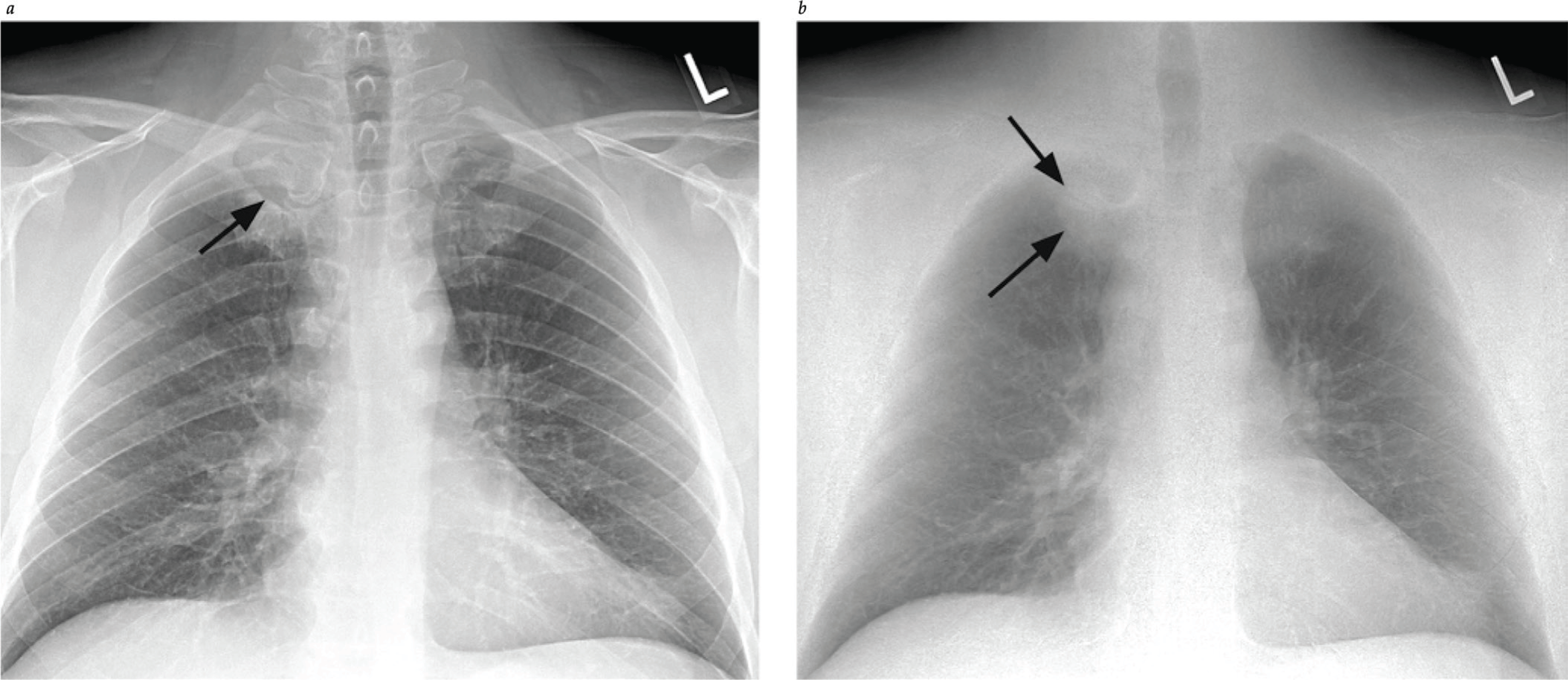
Critical Care: Diagnostic Imaging Techniques
- Recently developed dual-energy chest radiographs can detect calcium in lesions or remove overlapping bone to confirm the presence of a lesion
- Automatic tube current and tube potential modulation reduces computed tomography radiation risk by optimizing the radiation dose to the patient size and scan region
- Positron emission tomography has limited applicability in low-grade adenocarcinoma and carcinoid tumors owing to poor fluorodeoxyglucose uptake in these clinical concerns
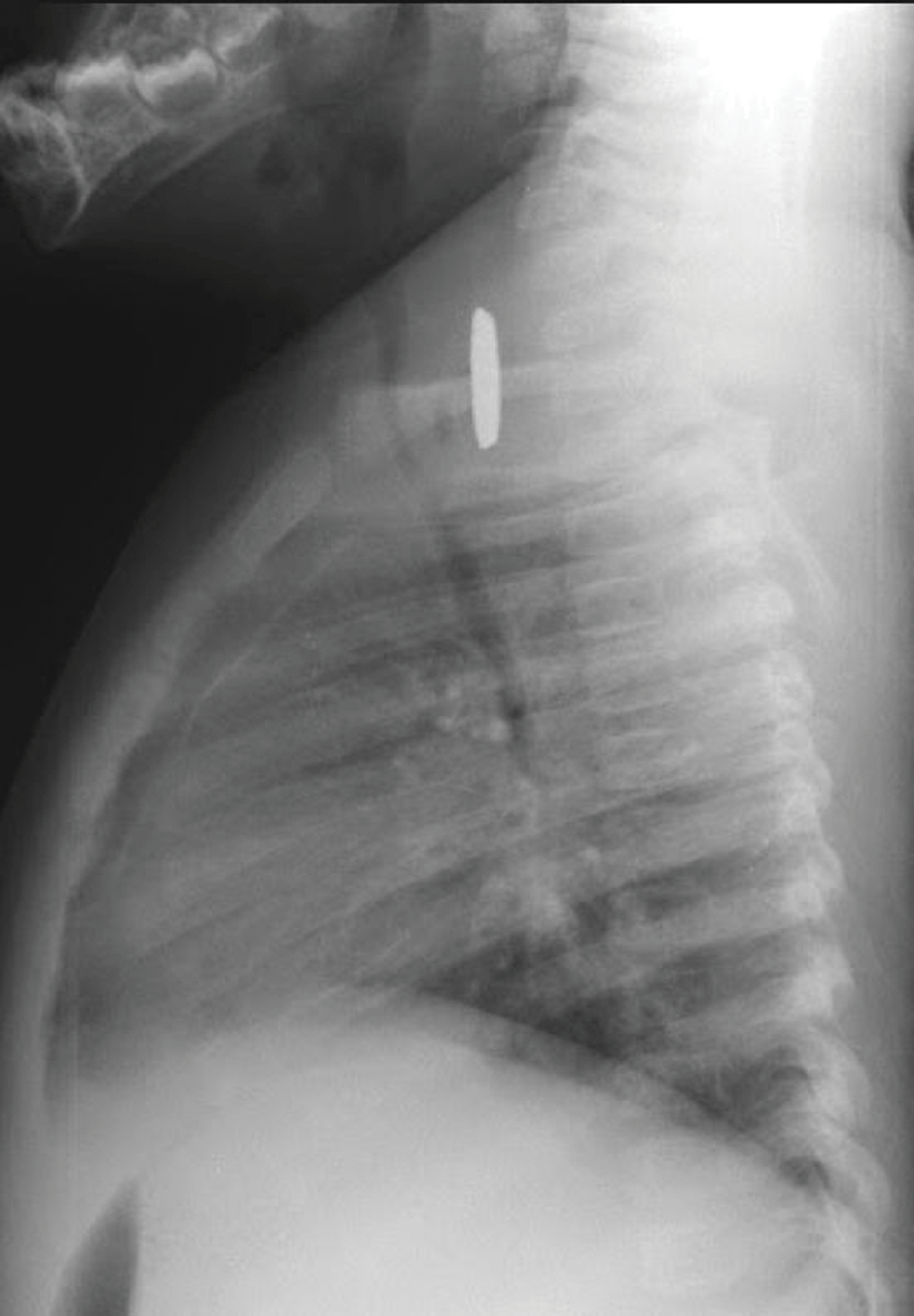
- Use of steroids in the medical and surgical management of caustic injuries
- Button batteries as a source of caustic injury
- Management of strictures secondary to caustic injury, including stent placement
- Initial medical management of caustic injury
- Surgical management of caustic injury
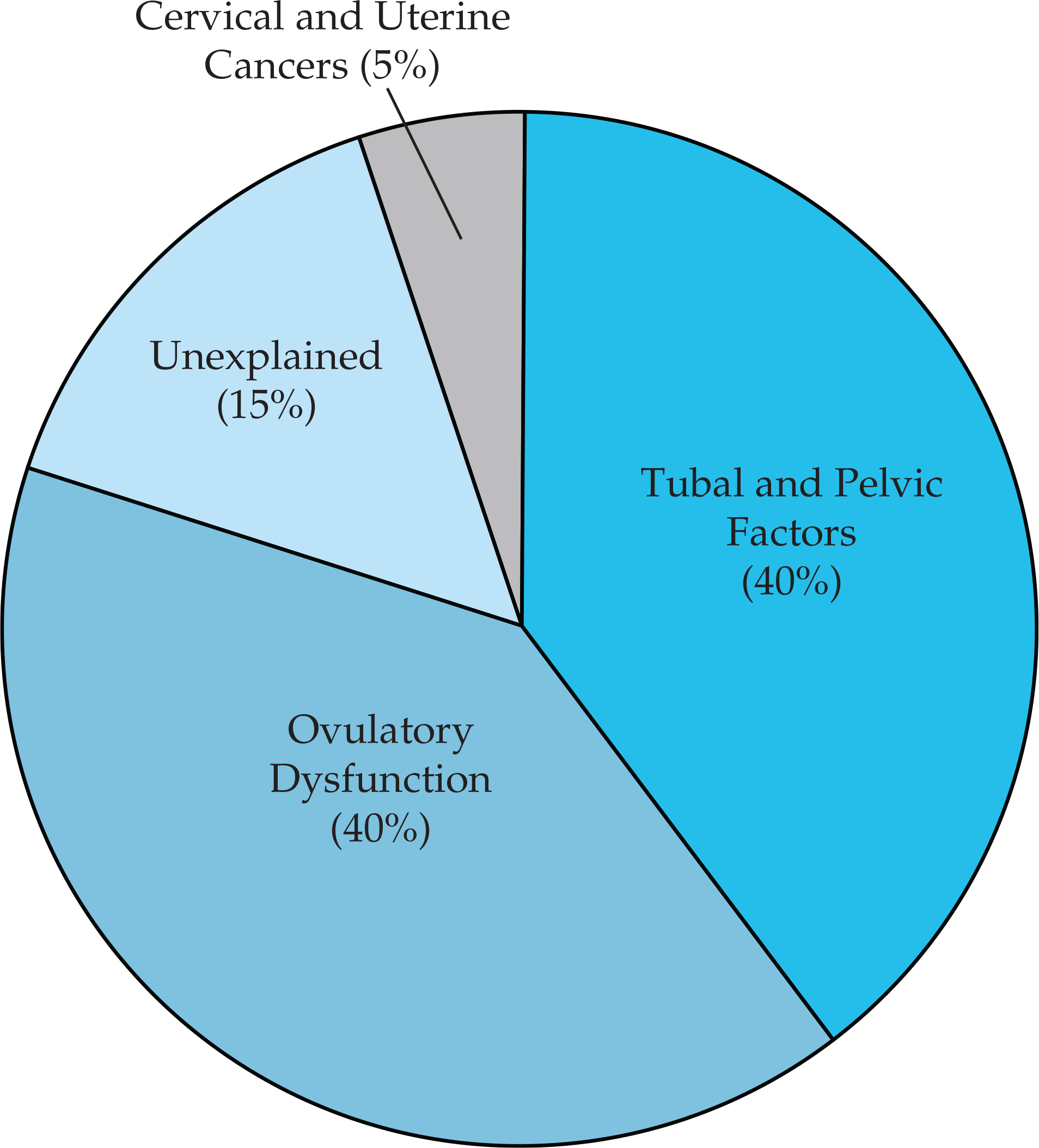
- Updates regarding the assessment and treatment of ovulatory disorders
- Ovulation induction with letrozole in anovulatory patients
- Advances in in vitro fertilization, including genetic screening
- Fertility preservation options, including in vitro oocyte maturation, ovarian tissue cryopreservation, and mature oocyte cryopreservation


